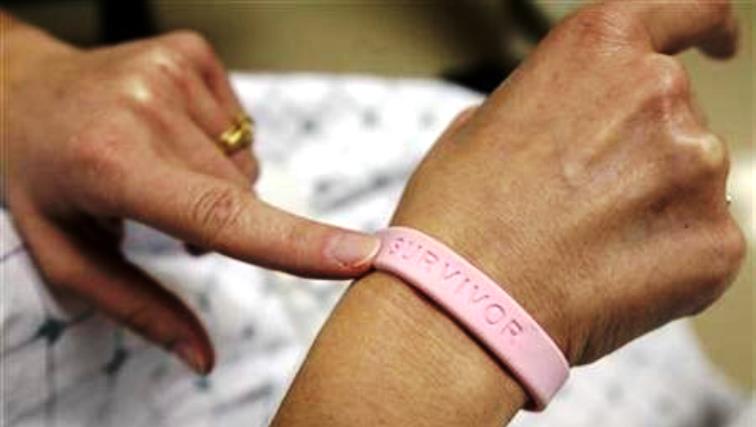KwaZulu-Natal is one of the recipients of a R70 million research grant into lung cancer despite the ongoing concerns over the province’s oncology department.
The Multinational Lung Cancer Control programme will investigate the extent of lung cancer, increase awareness around it and uncover the barriers to patients receiving treatment. It is being rolled out in Kenya, Swaziland, Tanzania and South Africa.
There are close to two million new cases of lung cancer diagnosed globally every year. The provincial health department and the program’s researchers insist that the study will achieve its goals, despite the oncology crisis in the province.
The early detection and treatment approach that is often been associated with HIV and TB is now being applied to cancer. Researchers will work in already existing public oncology treatment centres in Umlazi, Chatsworth, Wentworth and in the Imbali and Sobantu townships in Pietermaritzburg.
But how accurate will this research be, when patients have been battling to access timeous treatment for cancer at public hospitals? How then can the burden of lung cancer be accurately quantified?
Director for Research and Epidemiology at the KwaZulu-Natal Health Department, Doctor Elizabeth Lutge, says that the health care system can support the needs of the research for it to achieve its aims.
“The research itself will definitely be successful in our facilities. The data is available and the research that’s being conducted in KZN is not clinical research; it’s more epidemilogical and health systems research. So, definitely, there’s every opportunity and chance that this research will be successful and achieve its goals and help us to achieve our goals as well.”
Doctor Themba Ginindza, a lead principal investigator for the project in South Africa says he is choosing to focus on the research and not on the challenges facing the provincial healthcare department. The South Africa leg of the project is being led by a team of five academics from the University of KwaZulu-Natal.
“It is beyond my research my focus is just the lung cancer project which is we are doing research. Creating the awareness as well as looking at the pathways of care and the risk factors associated with that. And the palliative care. But as far as the Ministry of Health bring involved or having a crisis I’m not in a position to answer that,” said Ginindza.
The grant is provided by the Bristol-Myers Squibb Foundation. Its president, Doctor John Damonti, says the South African leg will largely be focused in KwaZulu-Natal because of the history the province’s most vulnerable communities have had with HIV and TB.
“As people live longer with HIV due to the roll out of the national treatment programme, another health problem is rearing its head to rob us of the gains we’ve made against HIV. Cancers, diabetes, hypertension. These non-communicable diseases are the next frontier for our fight to secure the future of communities around the world. And the KZN communities bore the brunt of the HIV pandemic in the world and they are also at the intersection in the fight against cancer especially age-related cancers, and of course lung cancer.”
While there are common challenges that participating countries will address, each country will also focus on key concerns to drive solutions to early detection and treatment of lung cancer in their respective areas.






